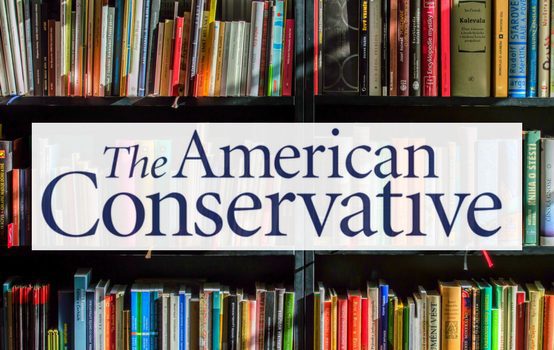TAC Bookshelf: Rome, From Bread and Circuses to Exhaustion

Gilbert Sewall, contributor: I am teaching a course this autumn titled “The Fall of the Roman Empire.” On this account, I am rereading bits of Juvenal’s Satires and Marcus Aurelius’s Meditations, and pages from Edward Gibbon’s masterwork, The Decline and Fall of the Roman Empire.
The 18th-century English historian Gibbon—no friend of religion and partial to antique culture—famously declared at the end of volume three, “I have described the triumph of barbarism and religion.” And there is no question that Christianity, and much later the crush of Germanic tribes, dispossessed the western empire. But there’s more to the story, which continues with the advance of Islam and ends only with the Battle of Tours and Charlemagne. When does Roman decline begin? In Juvenal, writing during the 2nd century, we encounter a sardonic, thrill-hungry, plutocratic metropolis with a mood strikingly similar to vanguard cities today. Imperial Romans lived for bread and circuses, Juvenal complained, decrying erosion of republican simplicity and civic duty. And of power, he asked: who will guard the guardians?
In Marcus Aurelius, three generations later, there’s a sense of limits, resignation, and exhaustion. “Look back over the past, with its changing empires that rose and fell, and you can foresee the future too,” he muses. His philosophic goal is to make peace with circumstances and human nature outside his control. Relativism, skepticism, and doubt have entered the picture. “Everything we hear is an opinion, not a fact. Everything we see is a perspective, not the truth.” Lives resemble the “miserable servitude of ants, scampering of frightened mice.” Marcus does not see man as the measure of all things but beholds a vast, inexplicable universe. “Asia and Europe: distant recesses of the universe. The ocean: a drop of water. Mount Athos: a molehill. The present: a split second in eternity. Minuscule, transitory, insignificant.” Still, for Marcus, life is very much worth living: “When you arise in the morning think of what a privilege it is to be alive, to think, to enjoy, to love.” He concludes with good advice then and now: “The object of life is not to be on the side of the majority, but to escape finding oneself in the ranks of the insane.”
Comments